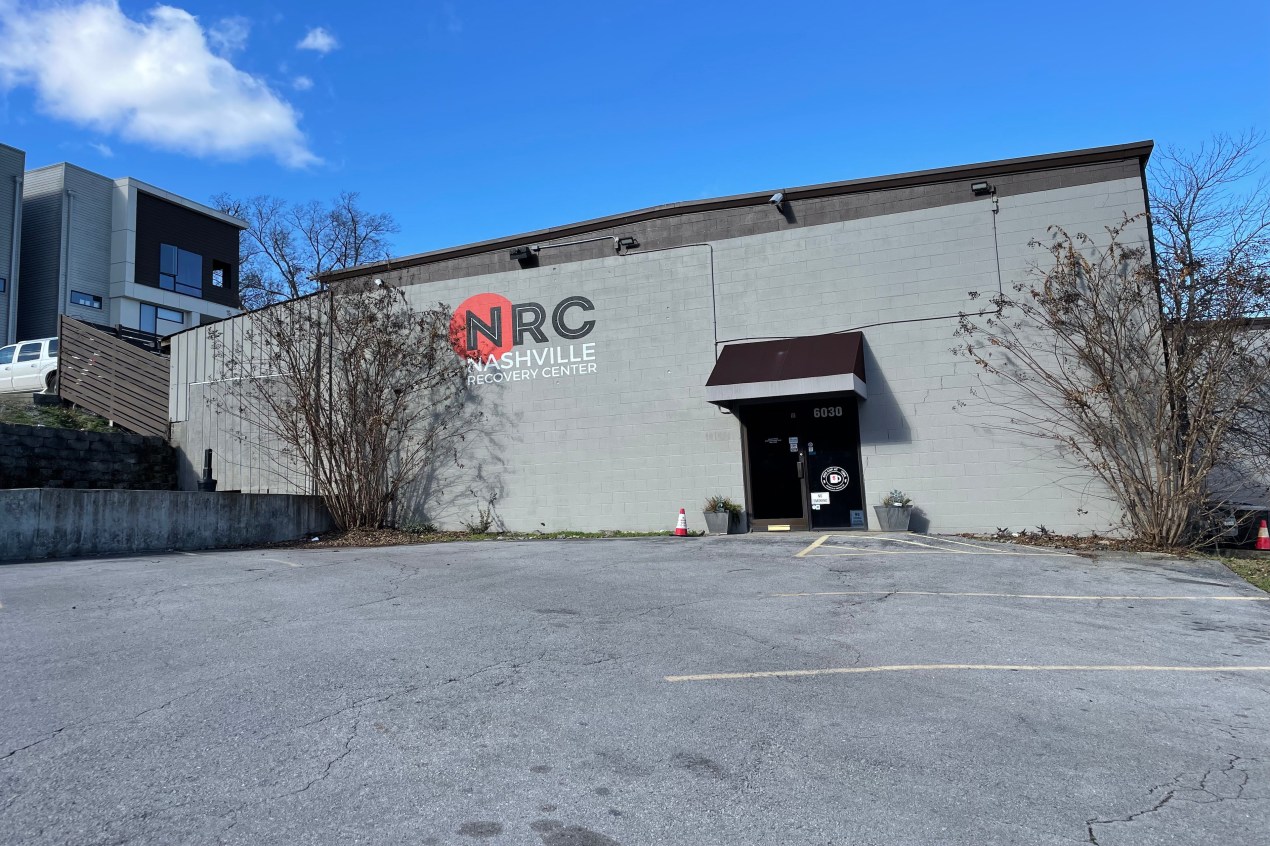Navigating the Trip of Detoxing in the Comprehensive Dependency Therapy Program
The procedure of detoxing holds a substantial function in breaking the physical dependence on materials and preparing the individual for the succeeding phases of treatment. As people grapple with the challenges of withdrawal signs and symptoms and the unpredictabilities that lie in advance, having a durable support and an organized strategy system in location becomes extremely important.
Relevance of Detoxification in Recuperation

Cleansing establishes the foundation for the remainder of the dependency therapy program by preparing the person for additional treatment and therapy. By cleaning the body of compounds that have actually been clouding judgment and impacting habits, detox makes it possible for people to approach their recuperation with a more clear mind and more powerful emphasis.
In addition, detoxing helps in handling the potentially severe withdrawal symptoms that may arise when drug or alcohol use is stopped. Doctor carefully keep an eye on individuals during detox to guarantee their safety and security and supply needed support. Through this process, individuals can start their trip towards sobriety with a stabilized physical and mental state, boosting the chance of an effective healing.
Comprehending the Detox Process
Detoxing, a basic element of addiction therapy programs, entails an organized process targeted at securely removing damaging substances from the body to promote a successful recuperation journey. The detoxification procedure generally begins with an assessment to evaluate the individual's material use background, physical health and wellness, and mental health. This assessment helps medical care specialists identify one of the most suitable detoxification plan customized to the individual's demands.
During detoxification, the body goes via withdrawal as it adapts to the absence of the material. Withdrawal symptoms differ depending on the sort of material utilized, the period of use, and private factors. Clinical guidance during detoxification is important to take care of withdrawal symptoms and make sure the individual's safety and security and comfort.

Taking Care Of Withdrawal Symptoms

Medicines may be used to relieve certain withdrawal symptoms and minimize discomfort. Drugs like methadone or buprenorphine can help take care of opioid withdrawal signs, while benzodiazepines might be used for alcohol withdrawal. It is necessary for doctor to meticulously keep track of the person's feedback to these medications to ensure their safety and efficiency.
In addition to medicinal interventions, encouraging therapies such as therapy, peer assistance groups, and alternative practices like mindfulness meditation or yoga can assist people handle the psychological and emotional obstacles of withdrawal. By dealing with withdrawal symptoms thoroughly, medical care carriers can enhance the detoxification experience and support individuals on their journey to recovery.

Support Solutions Throughout Detoxification
Support systems play a crucial function in giving social and emotional support to individuals going through detoxing in dependency therapy programs. During the detox process, individuals usually experience a range of physical and mental withdrawal signs and symptoms, making this stage tough - Addiction Treatment Center. Having a solid support group in position can considerably affect the individual's capability to browse via detox efficiently
Member of the family, see it here friends, support system, and healthcare professionals are important elements of the assistance system. Family members and buddies can use support, understanding, and a feeling of belonging during this challenging time. Support teams give a system for individuals to connect with others that are undergoing similar experiences, providing a sense of community and shared understanding. Medical care specialists, including therapists, therapists, and doctors, play an important role in checking the person's progress, giving medical assistance, and providing guidance throughout the detoxification process.
Looking Ahead: Life After Detox
Having actually efficiently finished the detoxification phase, individuals in dependency therapy programs now focus on preparing for the difficulties and possibilities that exist in advance in their journey towards recovery. Life after detox marks a vital change duration where people have to proceed to improve the progress made during detox to maintain their sobriety. It is important for individuals to acknowledge that the journey towards recovery is ongoing and requires dedication, commitment, and a determination to accept modification.
One secret element of life after detox is the advancement of coping mechanisms to deal with triggers and cravings that may arise. This might involve discovering new abilities, such as mindfulness techniques, cognitive-behavioral methods, and tension administration approaches, to navigate tough scenarios without turning to substance use. Additionally, individuals are urged to actively take part in ongoing treatment, support system, and aftercare programs to reinforce their support network and receive guidance as they browse the complexities of life post-detox.
Conclusion
To conclude, detoxing is a crucial part of the thorough addiction treatment program. Recognizing the detox process and handling withdrawal signs are important actions in the direction of recovery. Assistance systems play a substantial function throughout this difficult journey. Addiction Treatment Center. Looking in advance, life after internet detox holds promise for a much healthier, substance-free future. It is essential to identify the relevance of detoxification in the process of conquering dependency and moving in the direction of a life of soberness.
Medical supervision throughout detox is crucial to handle withdrawal signs and symptoms and make certain the individual's safety and security and convenience.
By understanding the detox procedure and its importance in breaking the cycle of addiction, people can get started on a path towards lasting healing.
Throughout the detox process, individuals usually experience a range of physical and mental withdrawal symptoms, making this phase difficult. Health care specialists, consisting see here of therapists, medical professionals, and specialists, play an important function in checking the person's progression, providing medical support, and using support throughout the detoxification process.
Life after detox marks an important shift period where individuals should continue to build on the progress made throughout detoxification to keep their sobriety.